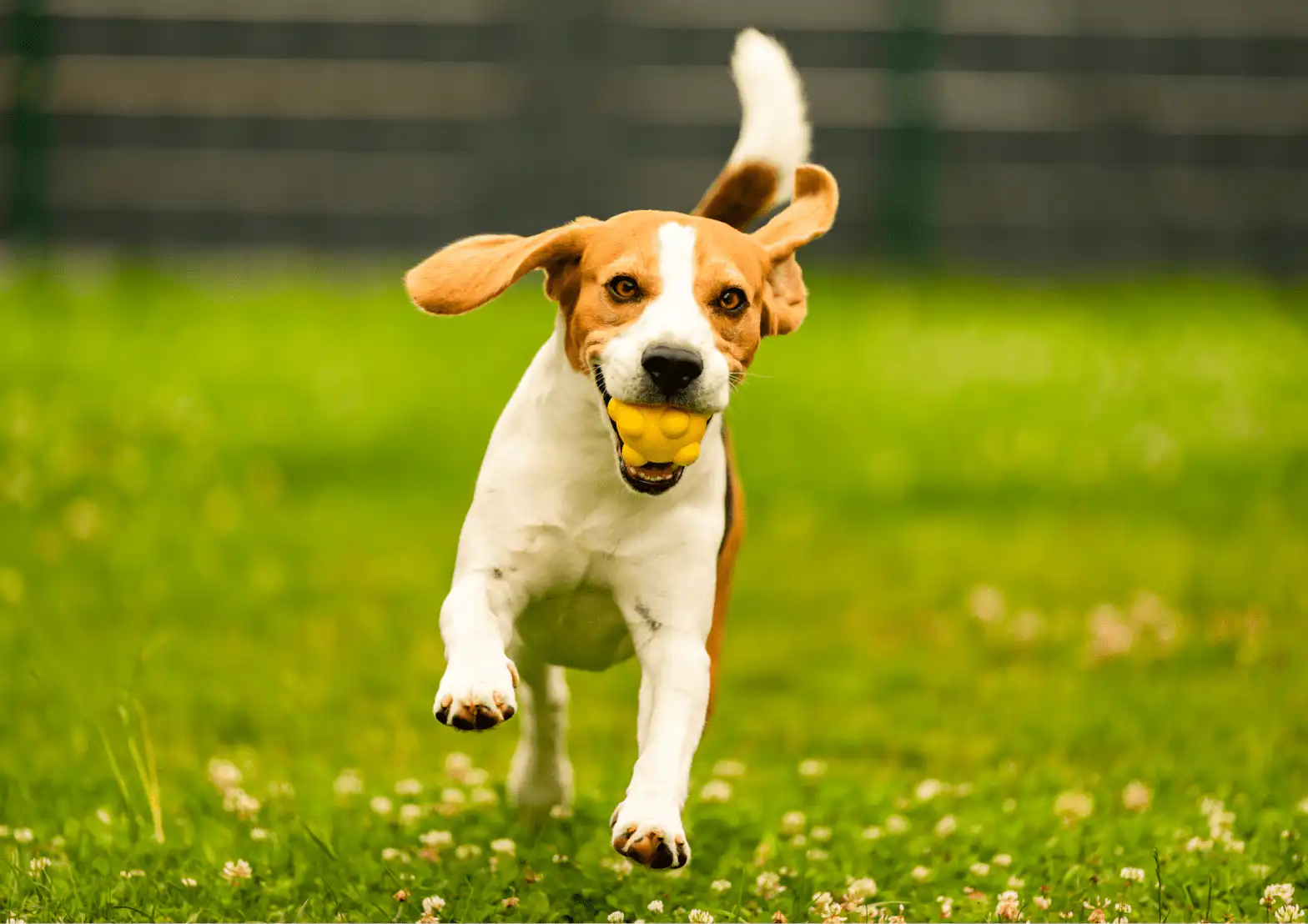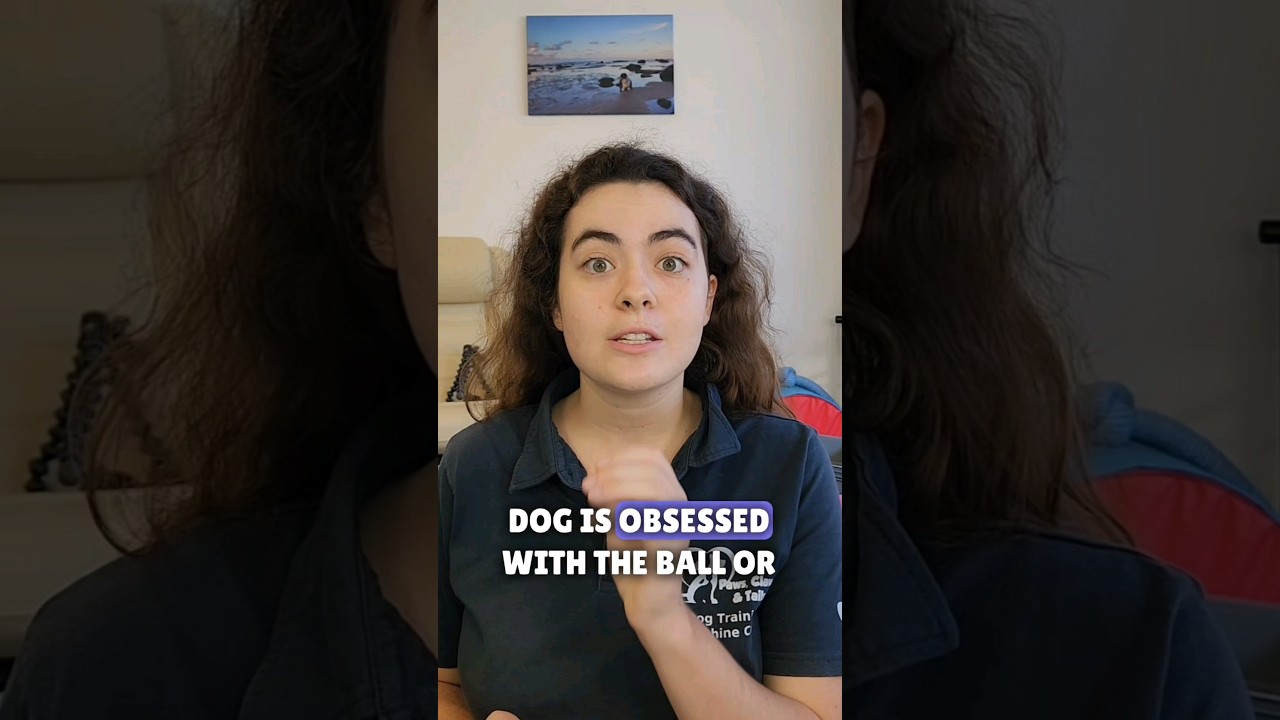Why Is Your Dog Obsessed With The Ball & Playing Fetch?


Charlotte Bryan
Published On May 12,2024
The Dopamine Connection: Understanding Your Dog’s Fetch Obsession
Have you ever questioned your dog’s fixation on playing fetch or their attachment to the ball? The answer lies in a chemical called dopamine, which plays a significant role in pleasure, motivation, and learning. Let’s delve into the relationship between fetch and dopamine in your dog’s brain and explore ways to balance their love for the game.

What is Dopamine?
Dopamine is a neurotransmitter, a chemical messenger released by the brain when we experience something rewarding or pleasurable. It influences feelings of happiness, motivation, and learning. When your dog engages in activities they enjoy, like playing fetch, their brain releases dopamine, encouraging them to seek out more of those experiences.
The Dopamine Rush of Fetch
Chasing a ball during a game of fetch triggers a substantial release of dopamine in your dog’s brain, creating a powerful sense of pleasure and reward. This rush of dopamine can cause your dog to crave the activity, making it a priority over other tasks with lower dopamine release, such as training or relaxation.
Maintaining a Healthy Dopamine Balance
While fetch can be an enjoyable form of exercise and bonding for you and your dog, it’s crucial to strike a balance to maintain a healthy dopamine balance. Playing fetch too frequently or for extended periods can result in consistently high dopamine levels, making other activities less appealing. To avoid this, limit fetch sessions and find alternative ways to provide physical exercise and mental stimulation for your dog.
Strategies for Managing Fetch Obsession
- Limit fetch sessions: Offer your dog the ball occasionally and avoid excessive playtime. This will help regulate dopamine levels and ensure your dog remains interested in other activities.
- Introduce variety: Engage your dog in different forms of exercise, such as going on walks, playing tug-of-war, or participating in agility training.
- Encourage mental stimulation: Provide your dog with puzzle toys or teach them new tricks to challenge their minds and promote overall well-being.
Understanding the connection between fetch and dopamine release in your dog’s brain can help you make informed decisions about their playtime routine. By finding a balance between fetch and other activities, you can keep your dog motivated, happy, and well-rounded.





